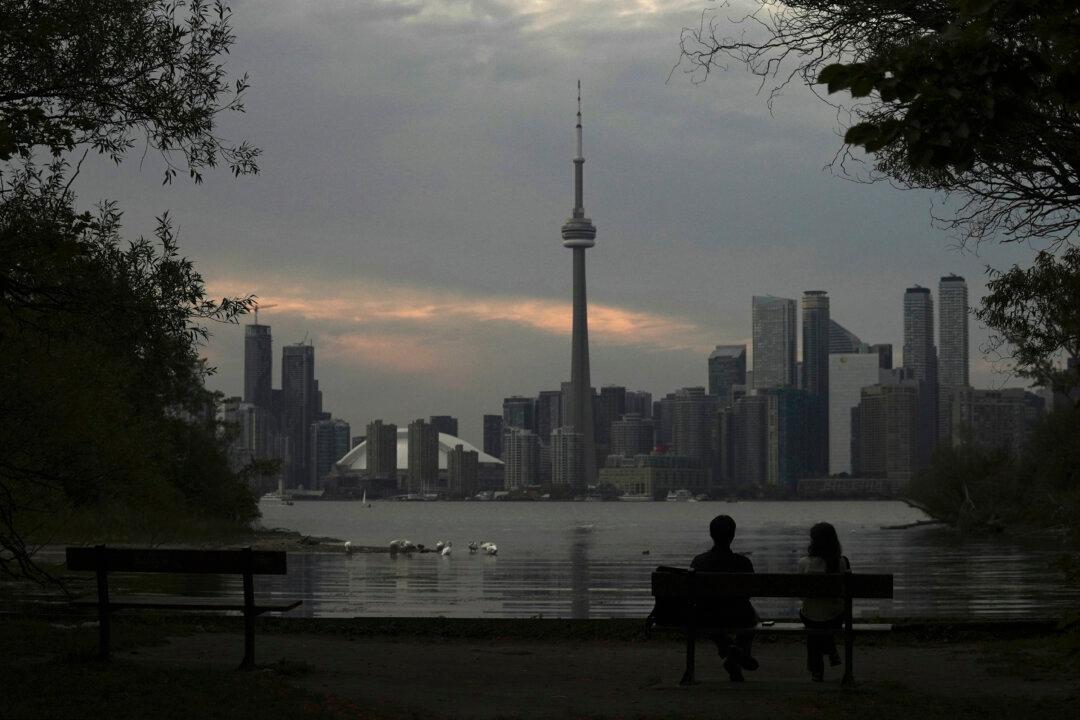Canadians today have less freedom to decide what to buy, where to work, and whether to start a business than they did in the late 1970s, partly due to the size of government, which has grown since the pandemic, a new study suggests.
After maintaining an economic freedom score above 8 out of 10 since the late 1970s, Canada’s score reached its lowest level in four decades during the pandemic–a trend observed in many countries–at 7.86 points in 2020, according to the Fraser Institute’s economic freedom ranking. The score remained below 8 points until 2022, the last year of available data.





